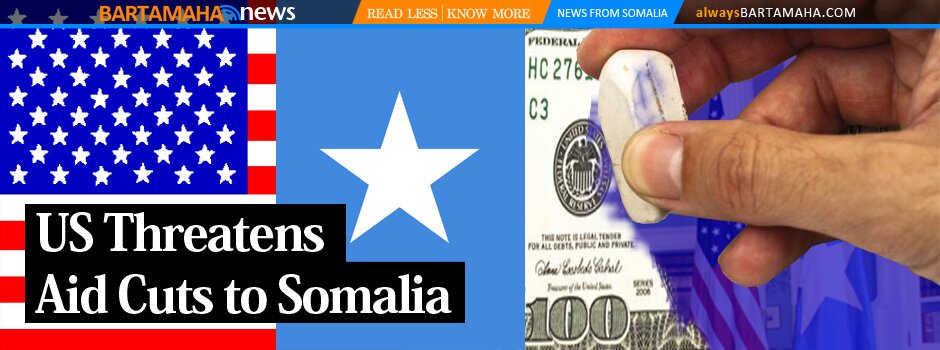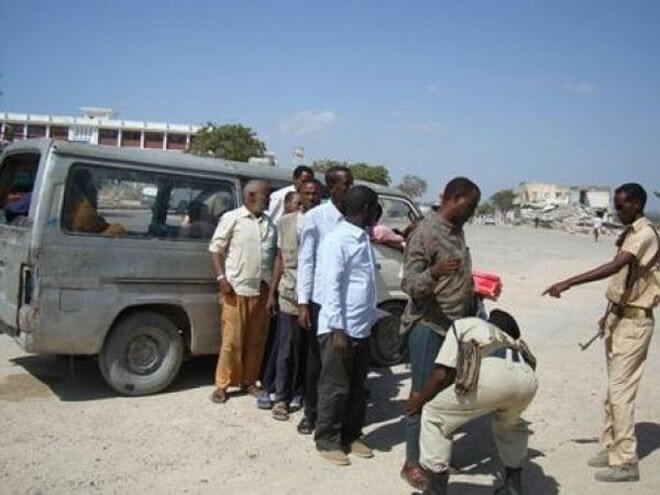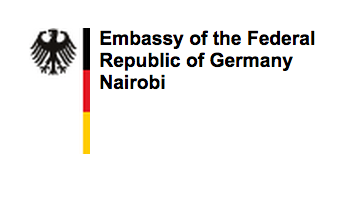President Hassan: I don’t see any political infighting in Somalia today
When former academic Hassan Sheikh Mohamud became president of Somalia in late 2012, his election was hailed as a sign of progress in a country destroyed by years of war and terrorism.
The administration of the one-time university dean was the first in Somalia to be recognised internationally for more than two decades and soon elicited aid commitments worth more than $2bn.
But the early hope was overtaken quickly by accusations of corruption, clan politics and a fight over resources including the promise of oil exploration.
In the clearest sign yet of the growing frustration among western backers, James Clapper, the US director of national intelligence, last week castigated Mr Mohamud’s “weak leadership” and the “persistent political infighting” of his 16-month-old government.
But in an interview with the Financial Times, Mr Mohamud fought back, saying: “I don’t know what sources he [Mr Clapper] used but I don’t see any political infighting in Somalia today compared to the past. It is a subjective judgment based on his own [opinion].”
The public excoriation from such a senior US official is a blow for an administration that has proved unequal to inflated expectations from the international community.
More importantly, it also highlights rising tension between Mogadishu and its western partners over continued instability in a country that has endured more than 20 years of conflict, most recently at the hands of al-Shabaab, al-Qaeda-linked militants who control parts of Somalia. The Islamist group has launched terror attacks throughout east Africa, including the massacre in a Nairobi shopping mall late last year.
Mr Mohamud defended Somalia’s “democracy in the making” and issued a challenge to foreigners such as Mr Clapper to “come to Somalia, see the realities on the ground and then make whatever judgment” – a veiled disparagement of western officials who, even if they visit Mogadishu, rarely venture beyond the protected airport enclosure to brave the assassination risk Mr Mohamud faces daily.
Yet the US intelligence chief is not the first to question the progress being made by Mr Mohamud and his government. Domestic critics haVe accused the president of seeking to overcentralise power in a disparate country that desperately needs decentralised federalism if it is to avoid the failings of past dictatorship.
Mr Mohamud is about to work with his fourth central bank governor in less than a year, after one was accused of gross corruption by UN investigators, who said last year that $12m had gone missing from the central bank. His replacement fled the country claiming she was asked to sanction bad deals and feared for her safety if she did not heed the president’s wishes.
Almost all western donors decline to give aid direct to the government coffers because of traceability concerns. Donors are negotiating a financial oversight committee that would include their own representatives but have yet to hammer out a deal.
Mr Mohamud insists he has been “surprised how the donors have been affected [by] this thing [the central bank problems]”.
He denies wrongdoing although he does admit that the central bank governor’s signature was requested by his deputy finance minister to validate an account set up in Dubai to channel donations from Arab League members. Problems with the central bank’s proceedings are part of “a trial and error”, he says.
But Nicholas Kay, UN special representative for Somalia, says “donor confidence . . . was definitely knocked sidewards by the central bank affair”.
“There is a lot of politicking happening at the moment,” Mr Kay adds, a reference to a recent cabinet reshuffle and the government’s failure to determine the constitution.”
In his defence, Mr Mohamud points out that he faces a multitude of challenges.
Technocrats including enthusiastic diaspora who have returned to help rebuild their country regularly complain that even low-ranking donor officials go over their heads and refuse to deal with anyone but the president, undermining efforts to build the very institutions donors say they want to exist.
“There are no institutions set up in Somalia; everything has collapsed and we are starting from scratch,” Mr Mohamud says.
There is also the continued threat from al-Shabaab. The jihadist group occupied Mogadishu for several months before UN-backed African Union troops ousted the movement from the capital. But its fighters still control much of the southern rural countryside and mount regular suicide attacks on Mogadishu.
An imminent UN-backed military offensive against al-Shabaab may bring some reprieve for the president. Financed by western money, about 22,000 African Union troops from six countries, including Kenya and Ethiopia, are about to stage their first concerted operations since allied forces took control of the key port city of Kismayo in 2012. But no troop-contributing country has come forward to offer attack helicopters, despite a mandate for 12 of them.
“For the last one and a half years not much has been gained on the ground,” Mr Mohamud says. “We hope they will reach out where no Amisom [the African Union force] soldiers have reached before. This is a continuous war.”
A US drone attack on Somalia last month almost succeeded in killing Ahmed Godane, al-Shabaab’s leader. Instead it killed a group of associates on their way to pick him up.
“Godane is both the spiritual leader of al-Shabaab ideology and the political and military leader,” Mr Mohamud says. “Eliminating Godane [would have a] great impact.”
Source: Financial Times
Comments
comments
 Calendar
Calendar







































